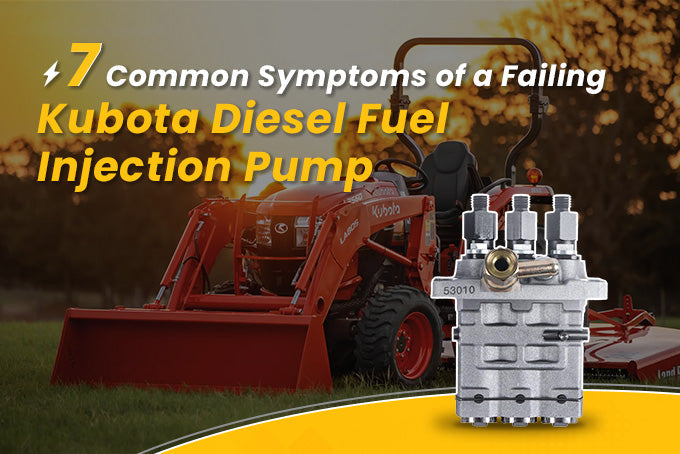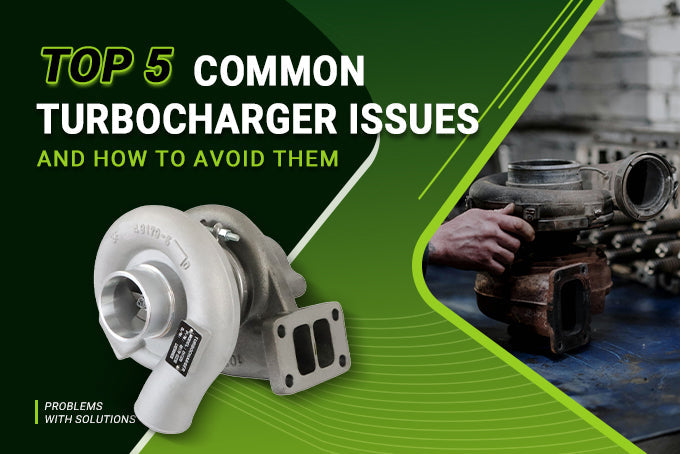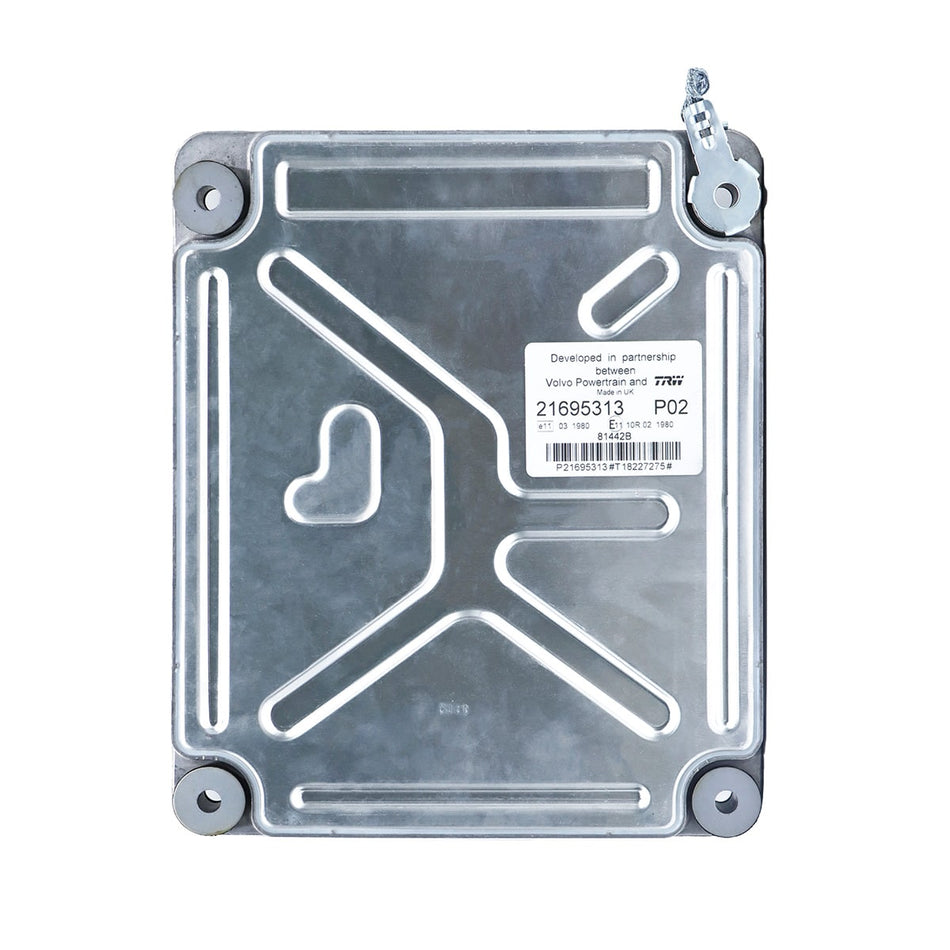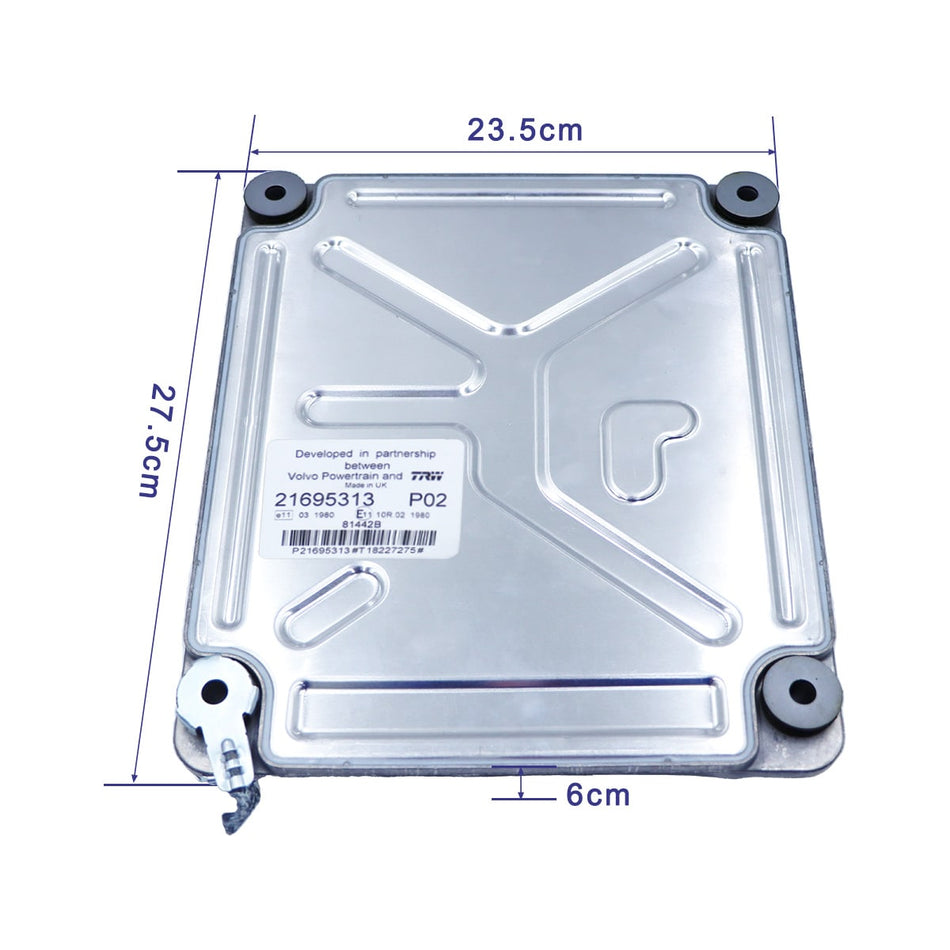Whether you drive an older or a modern vehicle, knowing what type of fuel pump your vehicle uses can help you choose the right pump for optimal performance and efficiency. Discover the key differences between mechanical and electric fuel pumps in this Blog.
What Is Fuel Pump?
A fuel pump is a crucial component in many liquid-fueled engines, such as petrol, diesel engines. It transfers fuel from the tank to where it mixes with intake air, like a carburetor or fuel injector. Carbureted engines often use low-pressure mechanical pumps, while fuel-injected engines use electric pumps in the tank or high-pressure mechanical pumps on the engine. The most common fuel pumps are Mechanical Fuel Pump and Electric Fuel Pump.
Mechanical VS Electric Fuel Pump:What Are The Difference
Here are 5 aspects that Mechanical and Electric Fuel Pumps differ from each other:
Working Principle:
Mechanical Fuel Pumps use moving parts, such as an operating lever that interacts with a cam lobe on the engine. The lever creates suction, pulling fuel from the tank into the carburetor or engine. This method relies on the engine's mechanical movements to function.
Electric pumps use an electric motor to push fuel from the tank to the engine. When the vehicle's ignition is turned on, the electric pump immediately starts feeding fuel to the engine, relying on electrical and computer controls rather than mechanical action.
Installation Position:
Mechanical fuel pumps are typically mounted on the side of the engine. This placement is common in older vehicles with carbureted engines. Because these pumps draw fuel through suction, they do not need to be close to the fuel tank.
Usually, electric fuel pumps are installed inside or very close to the fuel tank. This proximity ensures that the pump can push fuel efficiently into the engine.
Noise Production:
Generally, mechanical fuel pumps are very quiet during operation. They are typically inaudible because they use mechanical action to draw fuel, which does not produce significant noise.
Electric fuel pumps can produce audible noise, which varies depending on factors like the size and design of the pump and where it is installed. In-tank electric pumps tend to be quieter due to being submerged in fuel, which dampens noise and provides cooling. Inline electric pumps, mounted outside the tank, may produce more noticeable noise and vibration, especially if not properly installed.
Fuel System Compatibility:
Mechanical Pumps are suited for carbureted engines, often in older vehicle models.
Electric Pumps are suitable for both carbureted and fuel-injected engines and can be used in diesel applications as well.
Maintenance and Longevity:
Mechanical Pumps are simpler in design and easier to replace without needing extensive wiring.
Electric Pumps require proper electrical connections and are often integrated with modern vehicle systems, making replacement a bit more complex.
Mechanical VS Electric Fuel Pump:Which Is Better
Mechanical fuel pumps are often considered superior for their simplicity and reliability, especially in older, carbureted engines, but they can only handle pressures up to 10 or 15 PSI.
In contrast, electric fuel pumps can handle higher pressures, genarally between 30 and 40 PSI, making them more suitable for modern and high-performance engines. Although electric pumps pose a potential fire risk due to leaks, regular maintenance can effectively mitigate this danger.If you notice a leak, ask help from a mechanic or an electric pump repair expert as soon as possible.
Mechanical VS Electric Fuel Pump:How To Choose
For carbureted engines or vehicles with modest performance needs, a mechanical pump is often sufficient and more cost-effective.
However, for modern fuel-injected engines or high-performance applications requiring higher and more consistent fuel pressures, an electric fuel pump is necessary. Regular maintenance of electric pumps is essential to prevent fire risks associated with leaks, with warning signs including whining noises in the tank or pump, fuel smells, and visible leaks.
Summary:
When you choose which fuel pump is right for your vehicle should consider both operational and cost benefits, taking all factors into consideration, such as engine type, performance needs, and budget. Mechanical pumps are ideal for older, carbureted engines due to their simplicity and lower cost, while electric pumps are better suited for modern, fuel-injected engines because of their higher pressure capabilities and flexibility.




















